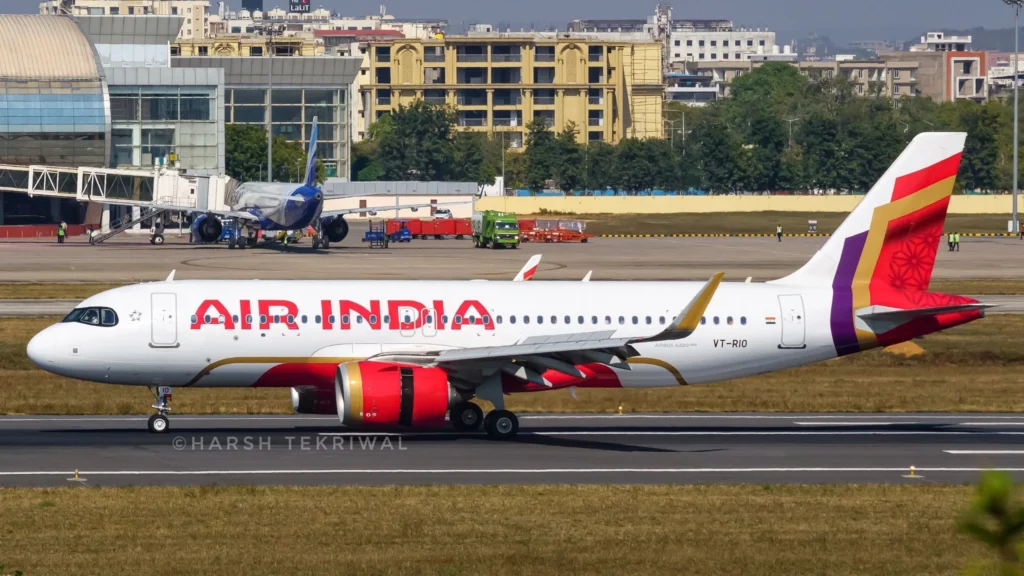In a significant development, Pakistan has decided to extend the ban on its airspace for Indian flights by another month, intensifying the ongoing aviation crisis triggered by escalating regional tensions. The decision, expected to be officially announced within a day or two, comes after the initial closure of Pakistani airspace on April 24, following the Pahalgam attack which strained diplomatic ties between the two neighboring countries.
The continued ban is a severe blow to Indian airlines, especially those operating long-haul international routes. According to aviation insiders, Indian carriers have already suffered losses exceeding INR 800 crore (approx. USD 96 million) within just one month due to the rerouting of flights around Pakistan’s airspace.
The financial impact is staggering. The fuel cost alone has dealt a blow of around INR 500 crore, as airlines are forced to take longer, fuel-intensive routes over the Arabian Sea, adding 2 to 4 extra hours per journey. Operational expenses like crew changes, landing fees, refueling charges, and airport usage are estimated at INR 3 billion (approx. USD 36 million) over 30 days.
Aircraft such as Boeing 777s consume approximately 6,668 kilograms of jet fuel per hour, while Airbus A320-family aircraft burn about 2,400 kilograms. At a current fuel price of $0.82 per kg, a single long-haul aircraft could cost an airline $410,000 daily in extra fuel. The situation is similar for Airbus models, which rack up around $147,000 per day in fuel costs due to additional air time.
The most affected airline is Air India, which has already requested financial assistance from the Indian government. Other carriers like IndiGo, SpiceJet, Akasa Air, and Air India Express are also feeling the strain, with many of their routes partially disrupted.
Flights from cities such as Amritsar, Delhi, Ahmedabad, Jaipur, and Bengaluru are being forced to reroute around the entire Indian subcontinent, drastically increasing flight time and operational burdens. If the airspace closure continues, Indian airlines may have no choice but to raise ticket prices, adjust international routes, or implement major operational changes to stay afloat.
This extension not only complicates airline logistics but also raises concerns about regional stability and the potential economic fallout on both sides of the border.
